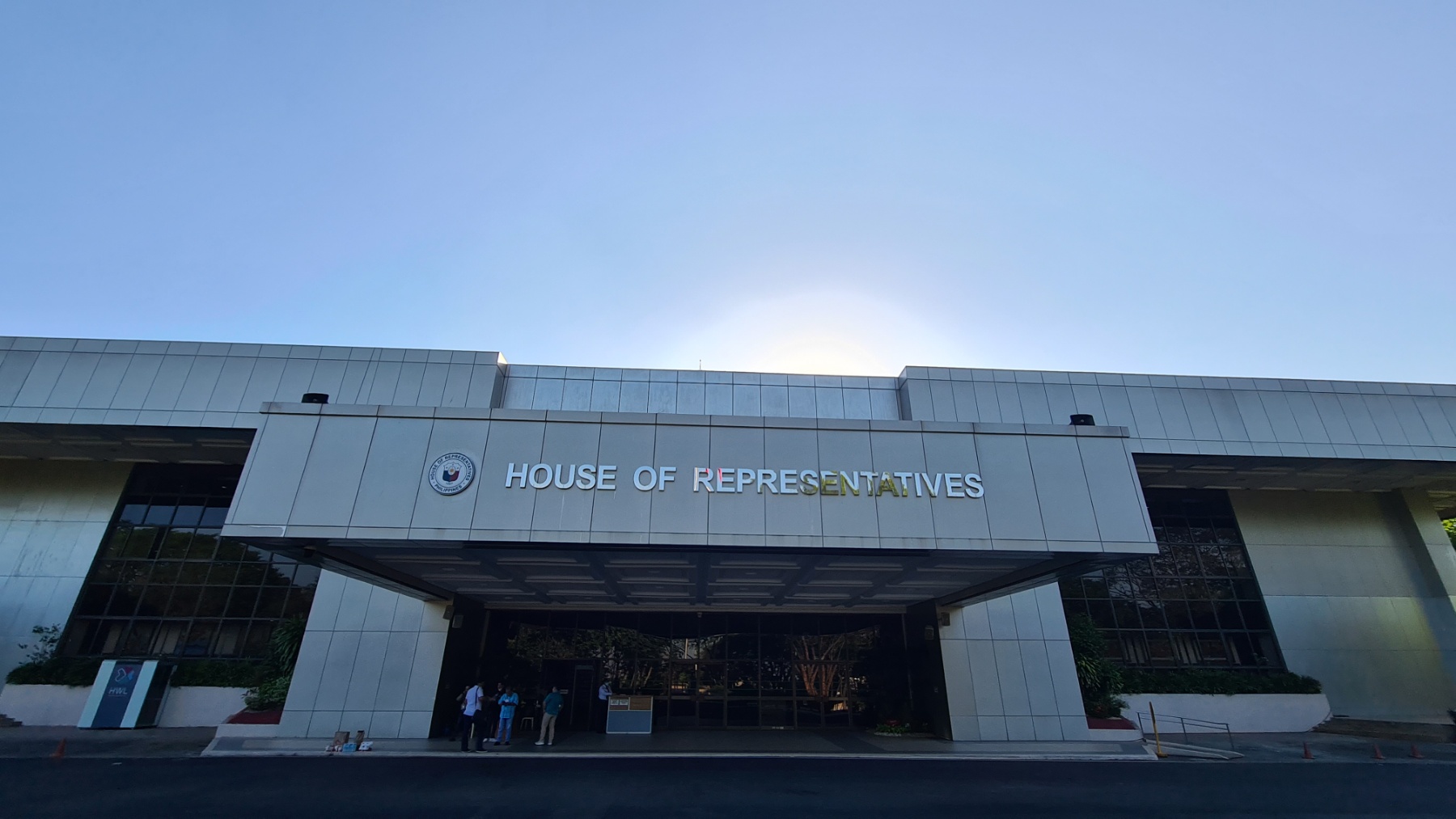Proposed 'PH Mining Fiscal Regime Act' OK'd on 2nd reading
At A Glance
- The proposed "Philippine Mining Fiscal Regime Act", which seek to enhance the fiscal regime for the mining industry has gained penultimate approval in the House of Representatives.
 House of Representatives (Ellson Quismorio/ MANILA BULLETIN)
House of Representatives (Ellson Quismorio/ MANILA BULLETIN)
The proposed "Philippine Mining Fiscal Regime Act", which seek to enhance the fiscal regime for the mining industry has gained penultimate approval in the House of Representatives.
Approved on second reading during plenary session on Monday night, Sept. 18 was House Bill (HB) No.8937.
Deputy Speaker and Batangas 6th district Rep. Ralph Recto, the presiding officer at that time, declared the bill as approved on second reading following a simple voice vote (ayes vs. nayes).
The measure is a consolidation of HB Nos 373, 2014, 2246, 3888, and 8050. It was approved by the House Committee on Ways and Means last Aug. 4.
It seeks to enhance the equitable share of the government in the utilization of natural resources and implement a rationalized fiscal regime for large-scale metallic mines.
Under the HB No.8937, large-scale metallic mining operations within mineral reservations shall be subject to the royalty rate of 4 percent of the gross output of the minerals or the mineral products extracted or produced.
Also under the measure, large-scale metallic mining operations outside mineral reservations shall be subject to a margin-based royalty on income.
The bill mandates ring-fencing to prevent consolidation of income and expenses of all mining projects by the same taxpayer, to ensure that losses from other mining projects could not be deducted from more profitable projects.
HB No.8937 also requires small-scale miners to register with the Mines and Geosciences Bureau and the Mining Board of the concerned local government unit and encourage them to organize into cooperatives to qualify for the awarding of a People’s Small-Scale Mining Contract.
The proposed law also institutionalizes fiscal transparency and accountability in the utilization of mineral resources and exempts related businesses and activities from the application of confidentiality clauses of the National Internal Revenue Code of 1997, as amended.